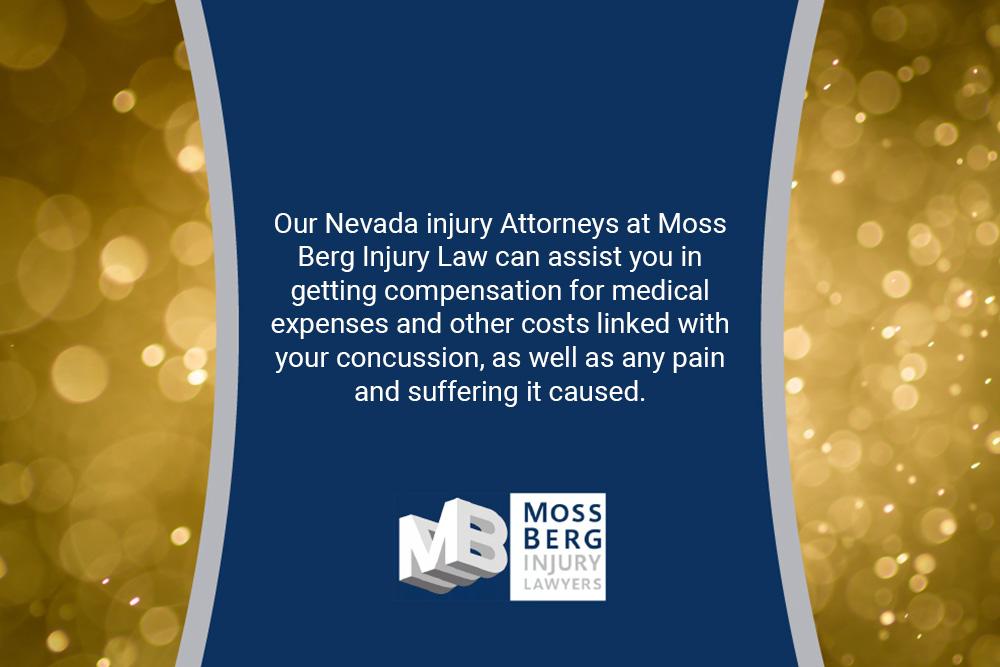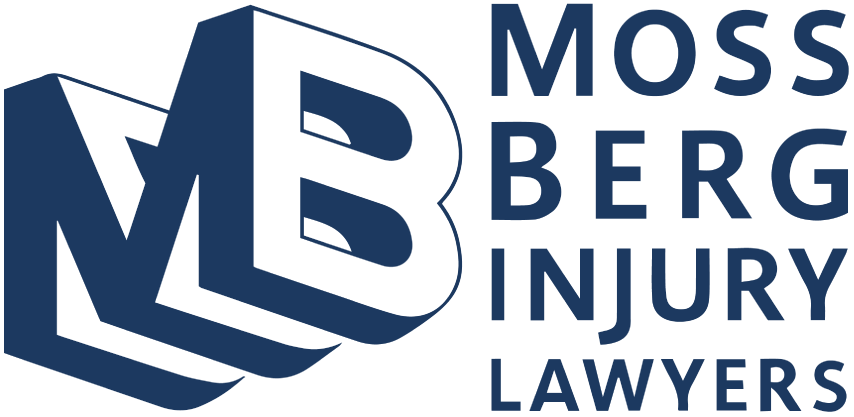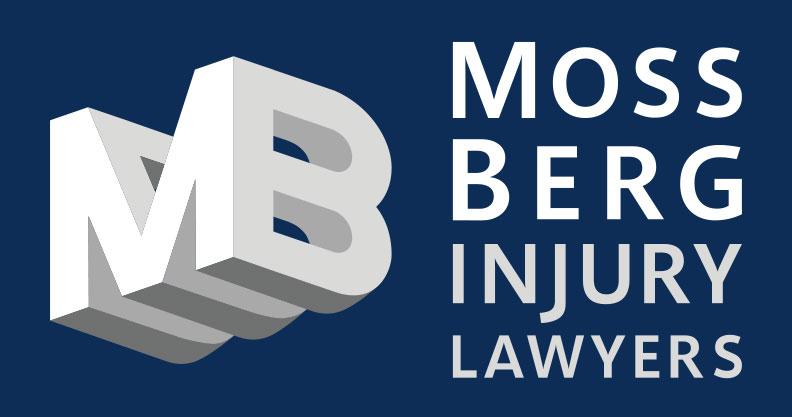by senditrising
Share
Share
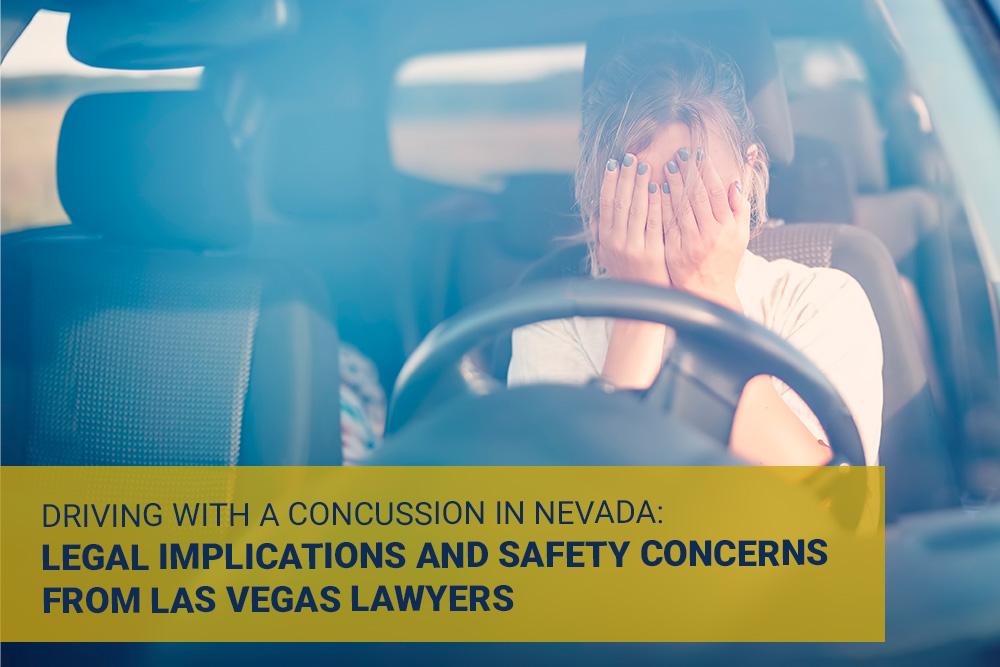
Driving with a concussion can cause serious injuries that may affect one’s ability to drive safely. When it comes to motor vehicle collisions caused by driver negligence, most of us think of concerns like drunk driving, aggressive driving, distracted driving, or drowsy driving. However, even if several days or even weeks have passed since the diagnosis, getting behind the wheel of a car after sustaining a concussion can be against safety concern. Many drivers who face concussions are unaware of how brain injury affects their cognitive abilities, making it important to avoid driving and the legal implications of driving with a head injury.
If you were injured in a car crash caused by a driver who is driving with a concussion, or if you are concerned about your ability to seek financial compensation after a collision caused by another driver because you had a concussion at the time of the accident, our law firm will assess your case now. An expert Las Vegas injury attorney can assess the facts surrounding your crash and assist you in determining your financial compensation eligibility. Meanwhile, we want to ensure you understand the health risks of driving with a concussion.
What exactly is a concussion?
A concussion is a type of mild traumatic brain injury (TBI) that may damage brain function. While the effects of a moderate TBI are usually temporary, and most patients recover from concussions, the effects can be long-lasting in certain people, resulting in headaches, attention and memory problems, and problems with balance or coordination.
Concussions are often caused by a blow or jolt to the head, or any action that causes intense shaking of the upper body. A person can receive a concussion in a variety of situations, although car crashes, sports, and falls are the most common causes of mild TBIs.
Is it safe to drive after a concussion?
Most doctors recommend that you avoid driving for at least 24-48 hours following a suspected concussion. This basic rule, however, does not apply to everyone. Even if it has been more than 48 hours after your concussion, you should not drive if you:
- Have difficulties rotating your head left or right.
- Bright lights are extremely harmful to your eyes.
- When you drive, your symptoms worsen or are provoked.
- You should not drive until your doctor is satisfied with you.
Remember that if you have concussion symptoms, you are more likely to be involved in a car accident.
The Health Effects of Driving with a Concussion
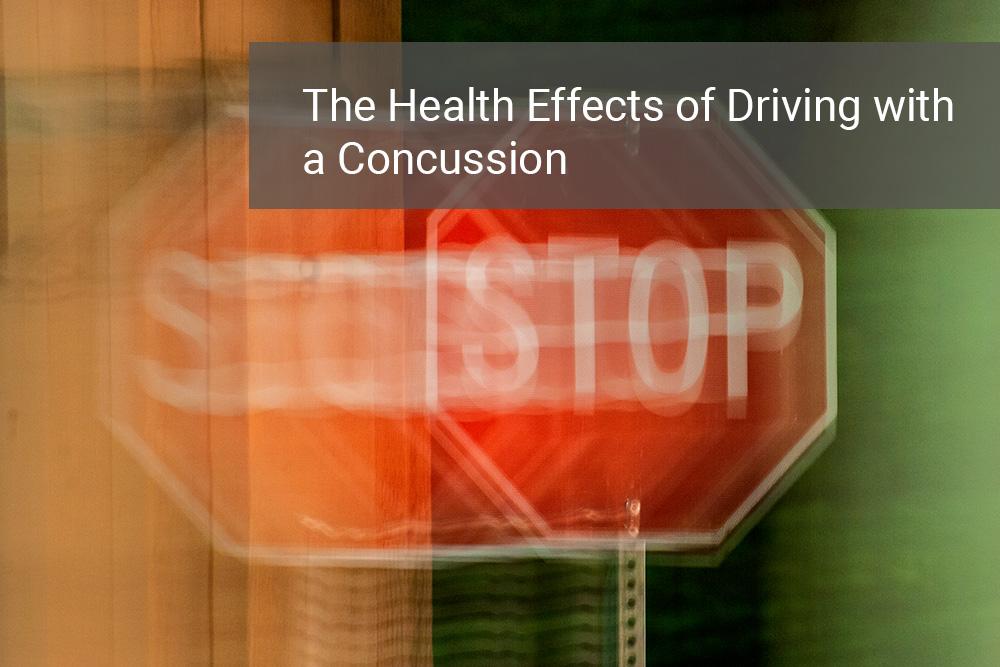
As a doctor, it can be difficult to determine the severity of a concussion because even severe brain damage can appear minor at first. While brain injuries have long-term consequences, some of the symptoms you experience may be transient, such as:
- Dazed feeling
- Pain soon after an injury Memory loss
- Uneven pupils
- Unconsciousness
- Seizures
- Visual disturbances
The long-term effects of concussion can be unpredictable, and the cognitive effects can last a lifetime. The symptoms of concussions vary from person to person, and some people may not even feel dazed or in pain because of their injury, yet this does not mean there is no injury.
Signs & Symptoms of a Concussion
Concussion symptoms are not usually obvious. Sometimes the person will feel fine and will not suffer any physical signs for hours or even days. The following are the most common symptoms related to concussions, listed in order of frequency:
- Headache: The primary physical sign of a concussion is a mild to severe headache or a sense of pressure inside the head. Although it is not a universal symptom, most concussions result in some form of headache, pressure, or pain.
- Loss of consciousness: A severe or mild concussion will frequently knock the victim out or cause temporary unconsciousness.
- Mental confusion: difficulties thinking and mental confusion (commonly characterized as feeling “foggy”) are common transitory symptoms of a concussion.
- Amnesia: Most people are unable to recall the exact event that caused their concussion, as well as the moments immediately preceding and after it. Some people have more extensive amnesia, but it is uncommon.
- Attention: Inability to focus is a noticeable symptom of a serious head injury.
Other frequent physical symptoms of a concussion include nausea, dizziness or vertigo, blurred vision, ringing in the ears, exhaustion, and light sensitivity.
Seeking Compensation for a Concussion in a Car Accident Case in Nevada
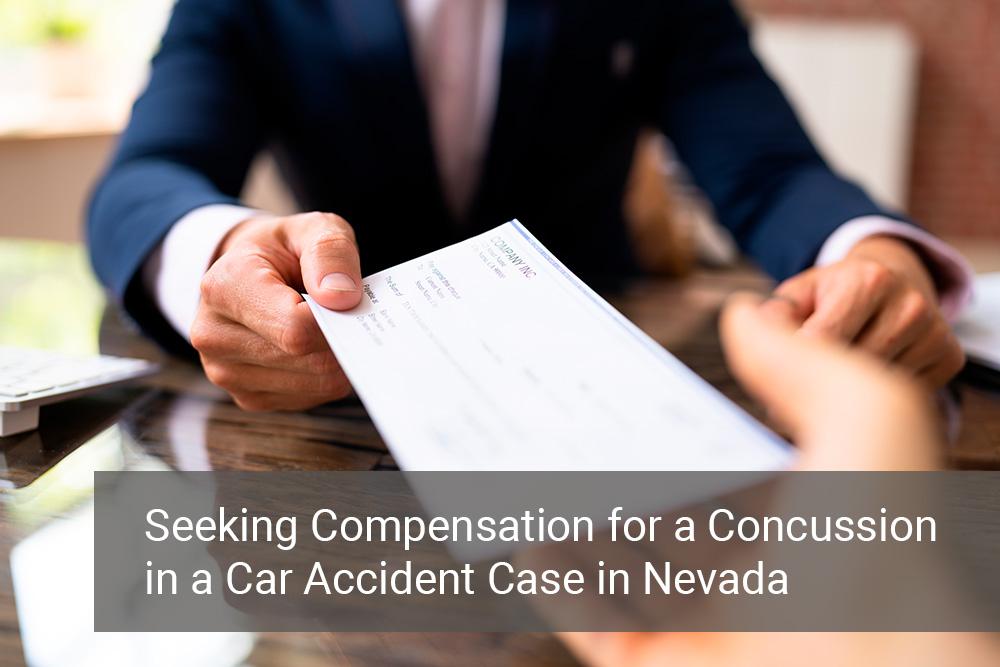
If you suffer a concussion in an auto accident that was not your fault, you have the right to seek compensation for your medical expenses, lost wages, and pain and suffering. Concussions are one of the most common forms of injuries seen by our Las Vegas injury attorneys in auto tort cases.
To get compensation for a Nevada concussion injury in an auto accident case, you must demonstrate that you suffered a concussion as a result of the event. Unlike many other accident injuries, such as broken bones, there is no clear-cut diagnostic test or instrument for diagnosing a concussion. In other words, you can’t just get an X-ray to see if you’ve had a concussion. A doctor must instead make a concussion diagnosis based mostly on physical examination, augmented by diagnostic pictures such as a CT scan or MRI.
Concussion diagnostic images, on the other hand, are not definitive. This means that the basic foundation for any concussion diagnosis is symptoms and examination. As a result, in an accident case, the plaintiff will frequently want expert testimony from a doctor to establish the concussion.
Who is Liable in a Nevada Car Accident?
Nevada is an at-fault car insurance state. This indicates that the driver who caused the accident is liable for the resulting damages. Negligence, or failure to act with a reasonable degree of care, determines fault. This does not necessarily imply that the driver broke the traffic rules. They could still be held responsible for the accident. An inquiry into the accident will aid in determining the degree of fault for the drivers involved. A possible conclusion is that both drivers are assigned a part of the liability.
Safety Concerns

The dangers of driving while suffering from a concussion cannot be overstated. Driving can be particularly risky due to poor judgment, slowed reaction times, and other cognitive deficits.
Risk to Self and Others: Driving while suffering from a concussion puts not just the driver but also other road users. Accidents can occur when one’s capacity to react to sudden changes is impaired.
Long-term Health Risks: Driving with a concussion may aggravate the damage, leading to long-term health problems. If you’ve sustained more injuries as a result of an accident, get medical attention.
Driving while suffering from a concussion is a severe legal and safety issue in Nevada. All drivers have to understand the risks and their legal responsibilities.
Contact Moss Berg Injury Law Regarding Your Concussion Injury Lawsuit.
If you or someone you know suffered a concussion in a car accident, slip and fall, or other form of accident, you may be eligible for compensation even if you recovered completely.
Our Nevada injury Attorneys at Moss Berg Injury Law can assist you in getting compensation for medical expenses and other costs linked with your concussion, as well as any pain and suffering it caused.
